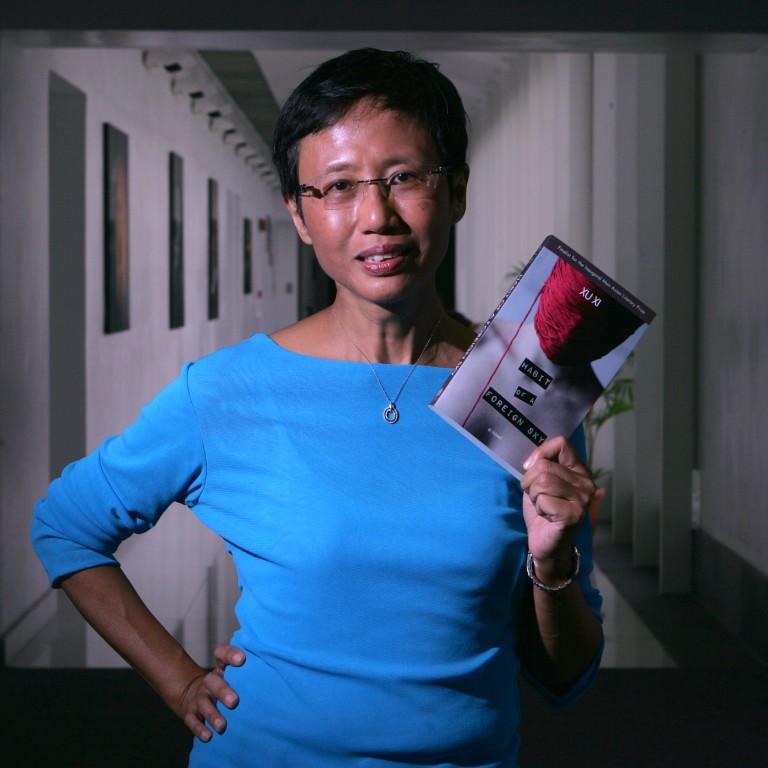
Demise of City University creative writing course underlines Hong Kong's low regard for art
Jingan Young says most in the city do not see it as a real vocation
Regrettably, Hong Kong has become accustomed to labelling the arts as nothing more than a "hobby". So it came as no surprise when City University announced recently that it will cut its two-year Master of Fine Arts degree in creative writing.
Were the tuition fees (HK$181,350) and selective student intake (fewer than 18 per year) really to blame? The programme's creator, Hong Kong-based novelist Xu Xi, said the programme was self-sustaining financially as of this year.
A letter of appeal signed by 25 writers, including Pulitzer-award-winning authors, said the programme was "the first truly global creative writing programme anywhere in the world … which will in turn contribute to Hong Kong's growing importance as an international centre of arts and culture".
If the programme's growing international recognition and outpouring of talent did not sway the university, then what tipped the scale?
There is a fair amount of snobbery attached to creative writing degrees. They're not for everyone. Many believe (and, in some cases, rightly so) that they're money-making schemes, persuading graduates, mature students or novices to undertake two or more years "experimenting" with genre rather than encouraging them to send their work out to publishing houses.
The first MA in creative writing in England, still ranked No 1 in the UK, was created by the University of East Anglia, where Ian McEwan and Kazuo Ishiguro are among its more notable graduates. This course costs £14,200 (HK$167,650) per annum for non-European Union students. Oxford and Cambridge have joined the bandwagon: Oxford's course costs around £9,330 while Cambridge's comes in at £24,400. Tutors and visiting lecturers range from poet laureates to Booker-prize-winning novelists.
Bestselling novelist Hanif Kureshi, a lecturer at the University of Kingston, infamously proclaimed them "a waste of time".
But these programmes can be transformative, and not only for the individual. As a society, we still do not view the arts as a real vocation.
Over the past three years, Asia's English-language book market has emerged; Tash Aw, whose novel was long-listed for the Man Booker in 2013, for example.
This and other successes prove such stories can compete in the local and international marketplace. Of course, it helps if you are privileged enough to attend a top university abroad or given support or training early on as a writer of fiction, poetry or drama. These opportunities are slim to none, particularly in a high-academic-achieving environment like Hong Kong.
Moreover, if a writer resides in a country that denies basic human rights, programmes like these that exist in a more academic environment can provide support and a platform without the individual being ostracised by family or peers. This is one aim of creative writing that truly benefits all.
The welcome outrage to the City University announcement exposes the unprofessionalism and ludicrous bureaucracy attached to how Hong Kong initiates new programmes. There is a clear lack of desire to cultivate creative talent here.
Of course, there is no reason why university or tertiary education should be the only place where it's possible to dedicate time to writing professionally or gain support and mentorship from the published.
Meanwhile, over at the University of Hong Kong, its two-year MFA programme in creative writing, which costs HK$55,000 a year, appears to be doing "business as usual". Perhaps it's only a matter of time.
